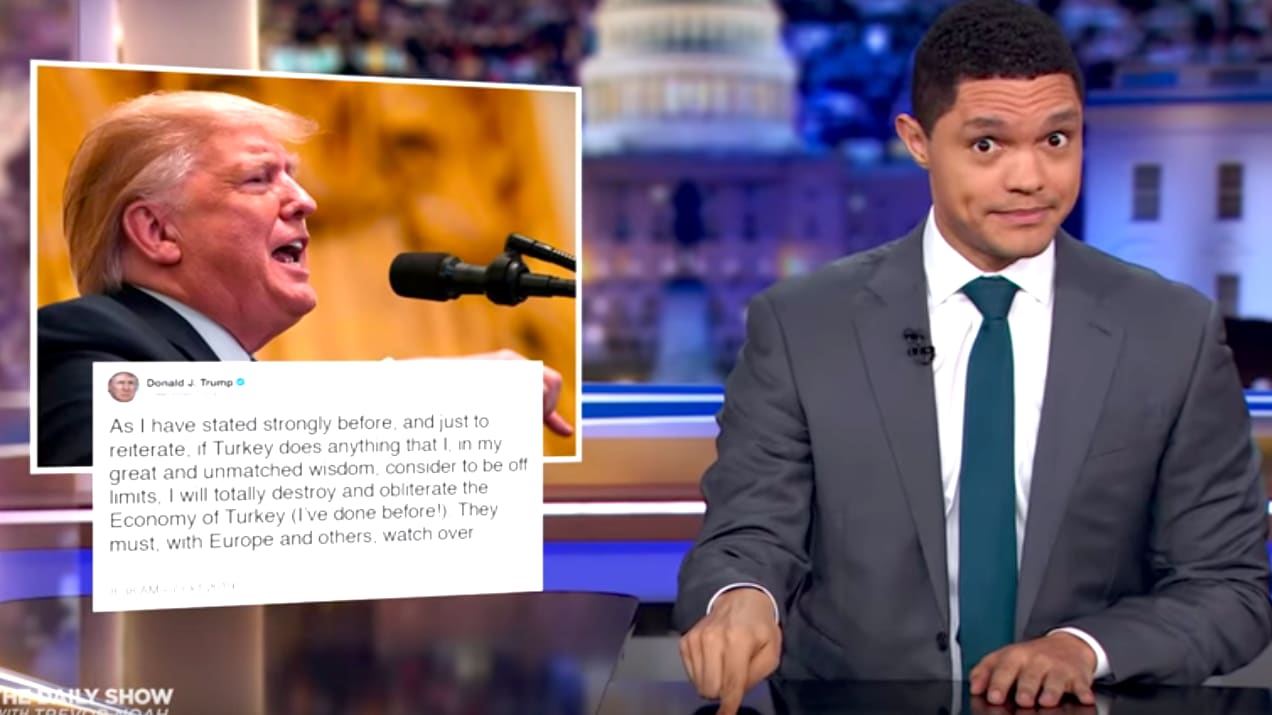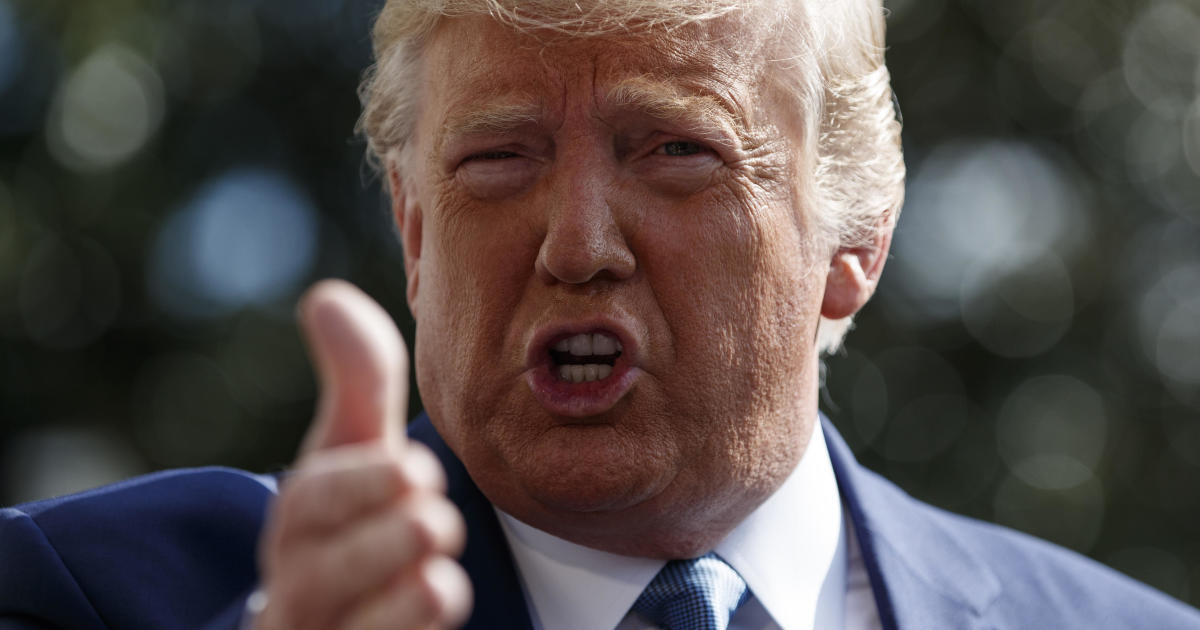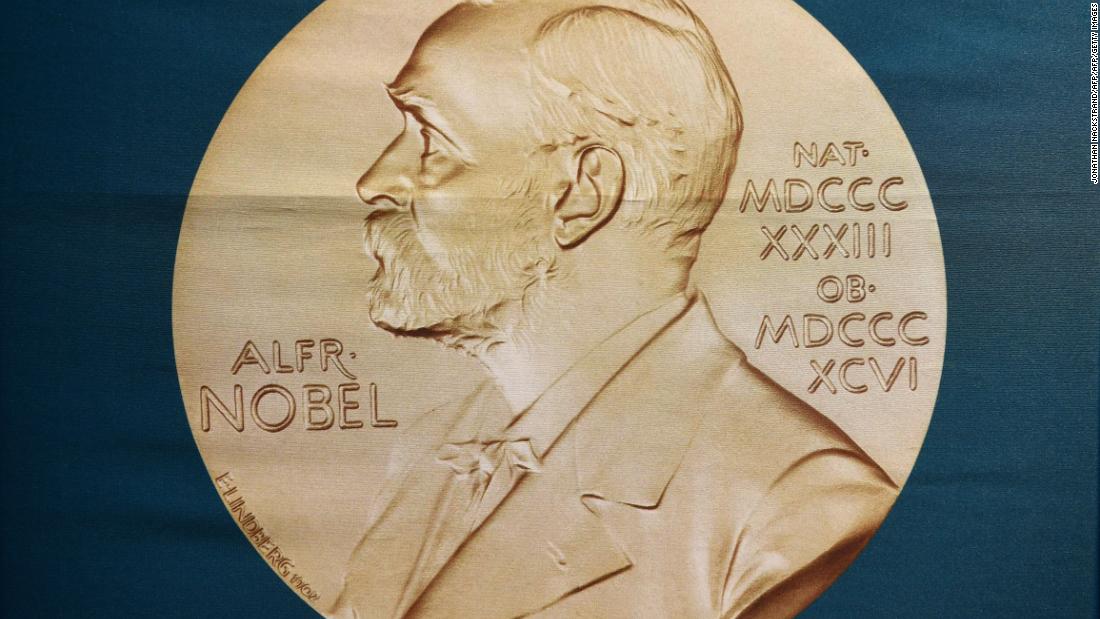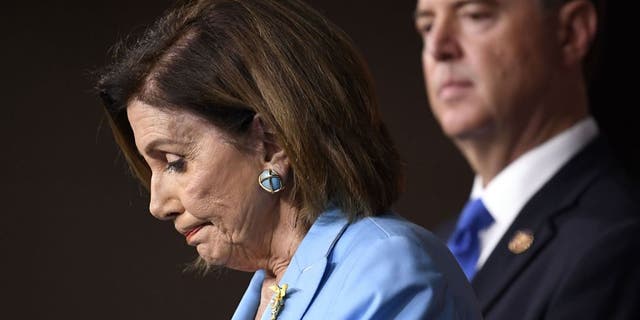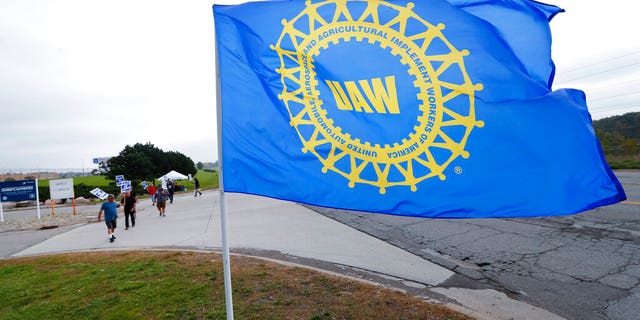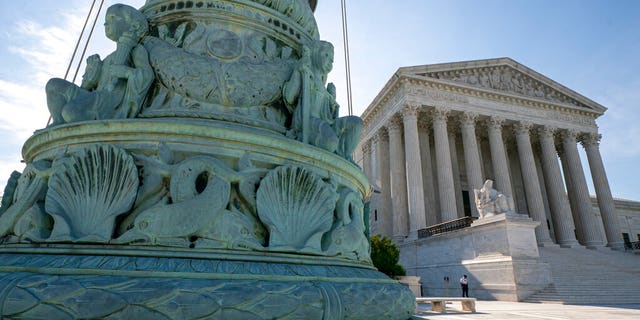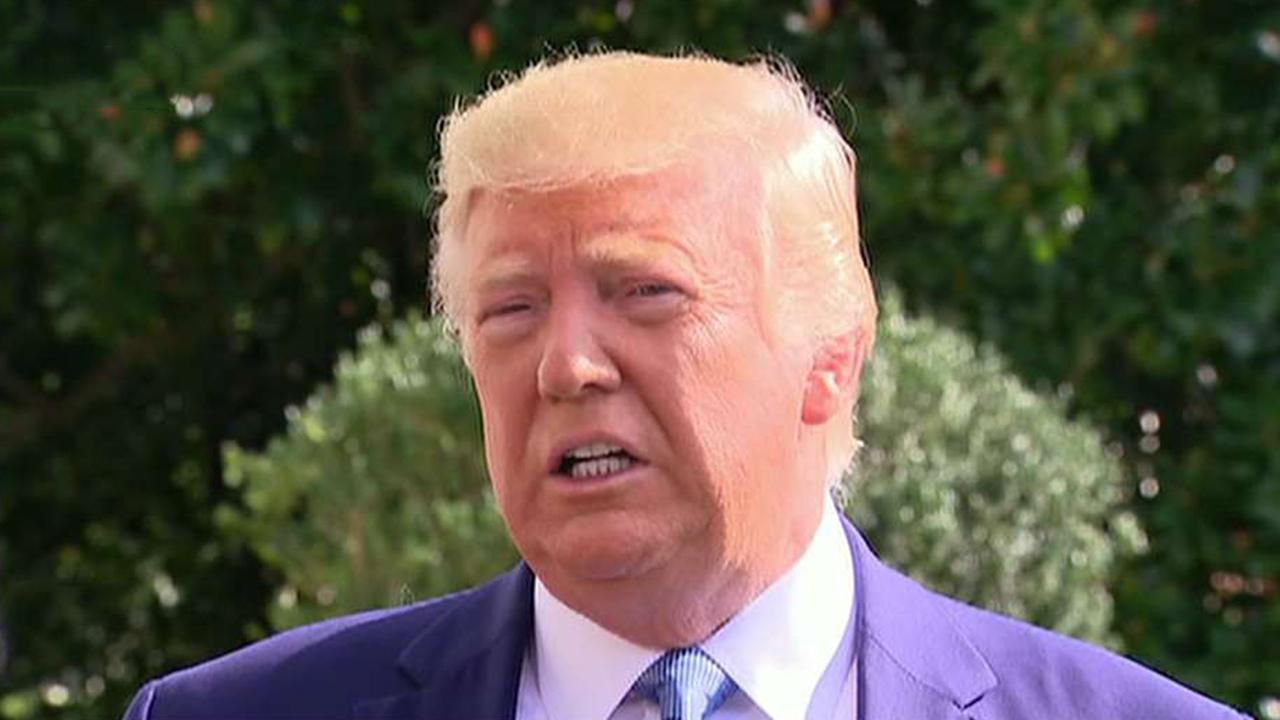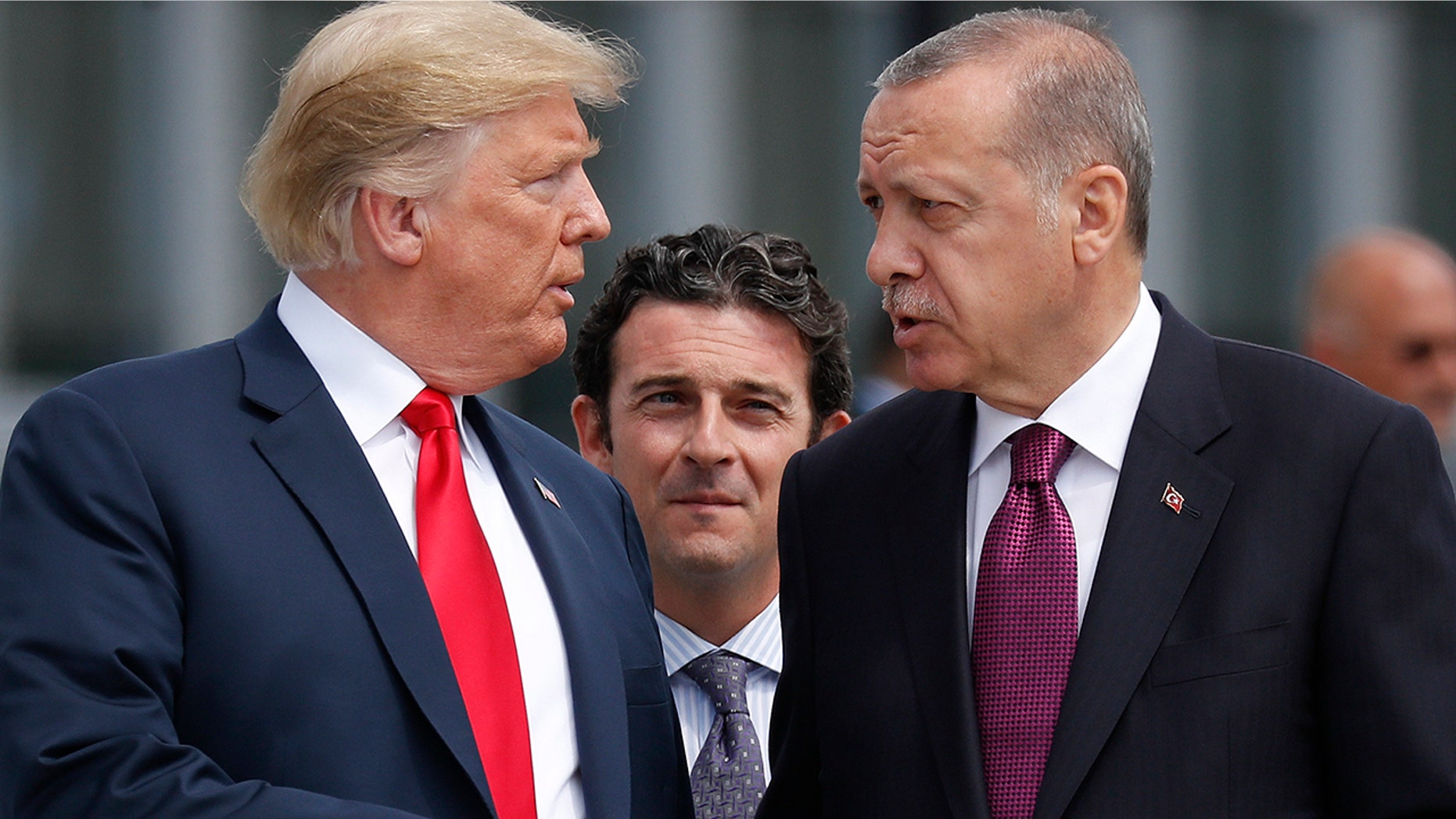“Is it just me, or is it getting crazier out there?” – Arthur Fleck, portrayed by Joaquin Phoenix, in “Joker”
There haven’t been any missing 18-and-a-half minutes from White House audio recordings. Yet.
However, we have “notes” or a “transcript” of a call between President Trump and Ukrainian President Volodomyr Zelensky. There’s a suggestion that the information isn’t complete due to ellipses in the log of the call.
No one is lurking around after hours in a trench coat in a parking garage in the Rosslyn section of Arlington, VA.
But there is the cryptic character, known simply as “the whistleblower.” This is the figure who purportedly ratted out the President’s remarks to Zelensky to intelligence community Inspector General Mike Atkinson. Atkinson deemed the whistleblower complaint “urgent” and “credible.”
That was the prime mover in this entire episode. The whistleblower is “patient zero” in this impeachment contagion, setting all events in motion. Now there appears to be a second whistleblower.
TRUMP CALLS FOR SCHIFF, PELOSI IMPEACHMENTS
Lawmakers want to talk with the whistleblower. Intelligence Committee Chairman Adam Schiff (D-CA) had contact with the whistleblower in July. President Trump believes he has a right to face “his accuser.” Some Republicans question whether Schiff and Atkinson handled the whistleblower complaint properly. Schiff’s credibility came into question after he denied having spoken with the whistleblower. And, we’ve learned that the whistleblower may have Democratic ties. All of this presented Mr. Trump and his defenders on Capitol Hill fodder to question the reliability of both the whistleblower and Schiff. Moreover, there’s internecine Republican fighting about the appropriate strategy to stand up for the President. Some rank-and-file GOPers have quietly attacked House Minority Leader Kevin McCarthy (R-CA).
House Speaker Nancy Pelosi (D-CA) announced the House was initiating a formal impeachment probe in late September. And ever since, Washington devolved into a cycle of news reserved for the start of the Iraq war, 9/11, the impeachment of President Clinton and the start of the Gulf War. Squadrons of television cameras are parked outside the House Intelligence Committees – and will be for the near future as the House begins preparing its case to potentially impeach the President. It made no difference that Congress was supposed to be on a recess last week – and is on recess this week.
“I don’t think we’re going to get any break,” said Schiff as he walked slowly through the tunnel leading from the Capitol to the Cannon House Office Building late Friday after a seven-and-a-half hour session with Atkinson. “Which means you’re not going to get any break, either.”
In other words, it’s getting crazier out there.
It was significant that Pelosi held a rare press conference in the middle of the recess alongside Schiff on Capitol Hill last week. Pelosi’s appearance with Schiff says a lot about where the House inquest is headed. There’s been some tension between the Speaker and House Judiciary Committee Chairman Jerry Nadler (D-NY) over impeachment. But Schiff’s presence is crucial. The Intelligence Committee is now taking control of this. Granted, the Judiciary panel will in fact ultimately craft prospective articles of impeachment. But those writs will stem from what Pelosi and Schiff do.
Tracking Pelosi and who is in her inner orbit involves a bit of Kremlinology. Western journalists covering the Soviet Union always watched who was seated next to the General Secretary at the May Day Parade in Moscow. Whoever was close to Leonid Brezhnev, Konstantin Chernenko or Mikhail Gorbachev would tell you a lot about their status inside the Kremlin. Their absence revealed a lot, too.
The same is true with Pelosi. Schiff was present with Pelosi. Nadler was not.
Republicans are now carping that the House impeachment investigation isn’t legitimate because the full House never conducted a vote to initiate such an inquiry. The entire House voted to take on impeachment in the cases of President Richard Nixon in 1974 and President Clinton in 1998. But the Constitution is pretty vague when it comes to what the House has to do with impeachment. All Article I, Section 2 of the Constitution says is that the House “shall have the sole Power of Impeachment."
Republicans would love for the House to conduct a formal roll call vote about impeachment (note, this is separate from actually voting to impeach the President). The GOP would then have lots of vulnerable House Democrats on the record, documented in a vote. The GOP would then weaponize that vote against those Democrats who represent competitive districts.
The entire impeachment question may hinge on a single word: “though.” When asked if he had a relationship with Monica Lewinsky, during his 1998 videotaped grand jury deposition in 1998, President Clinton replied “it depends upon what the meaning of the word ‘is” is.” President Trump told Zelensky “I would like you to do us a favor, though.”
“Though” could imply the conditional demand for a exchange. In other words, I’ll do X if you do Y.
The word “though” tripped up McCarthy last week during his appearance on CBS’s 60 Minutes. McCarthy suggested that reporter Scott Pelley added the word “though” when asked about the call notes. That was not the case.
Congress continues its two-plus week recess. Impeachment will truly intensify once lawmakers return to Washington early next week. But two constants remain: Democrats are steeled in their resolve to impeach Mr. Trump. And, there is little diminution in support for the President among Congressional Republicans.
Some Congressional Republicans fear retribution from the President. That’s why they exhibit fealty to Mr. Trump. Some political analysts will point to a dozen Republican senators and a few in the House who have voted against the President to terminate his national emergency declaration for the border wall. But it’s wrong to perceive those Republican defections as a softening of GOP support for the President. Republicans know there aren’t enough votes to override President Trump’s vetoes of these measures. So, they’re willing to vote their conscience.
This is why President Trump enjoys a GOP firewall when it comes to a Senate impeachment trial. It takes 67 votes to convict during a Senate trial. It’s hard to believe that 20 Republicans would join all 47 senators who caucus with the Democrats to convict. In fact, it’s far from assured that all 47 members of the Senate Democratic Caucus would vote to convict.
The dam will only break among Congressional Republicans if they start to see their positions weaken because of their defense of President Trump.
On August 7, 1974, Senate Minority Leader Hugh Scott (R-PA), House Minority Leader John Rhodes (R-AZ) and Sen. Barry Goldwater (R-AZ) paid President Nixon a visit. The story goes that they told Nixon his presidency was doomed and he would face conviction in the Senate. They contend they said no such thing. But history seems to have exaggerated what the trio told Nixon. Perhaps he already knew. Nixon quit two days later.
CLICK HERE FOR THE ALL-NEW FOXBUSINESS.COM
Support for President Trump remains high now among Congressional Republicans. One could even see a scenario where a team of Republicans could visit the White House to encourage Mr. Trump to fight impeachment.
Impeachment is just beginning. There’s a long way to go.
No. It’s not you. Things are getting crazier out there.
Let's block ads! (Why?)
https://www.foxnews.com/politics/ever-since-impeachment-inquiry-was-announced-its-been-getting-crazier-out-there
2019-10-07 07:19:19Z
52780399935508
